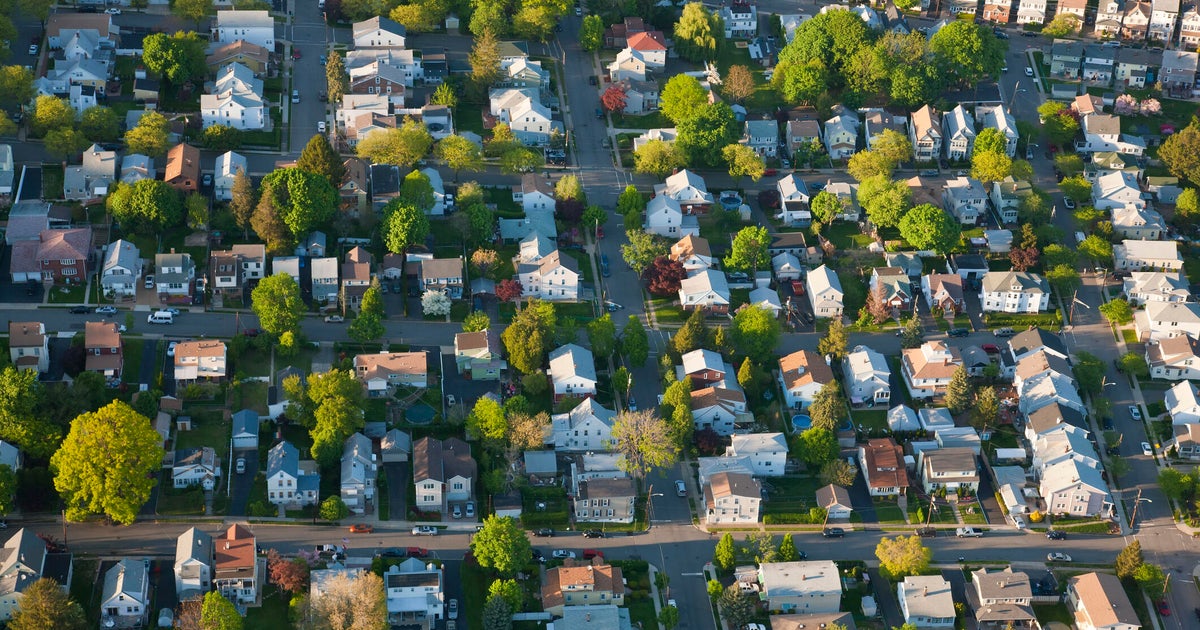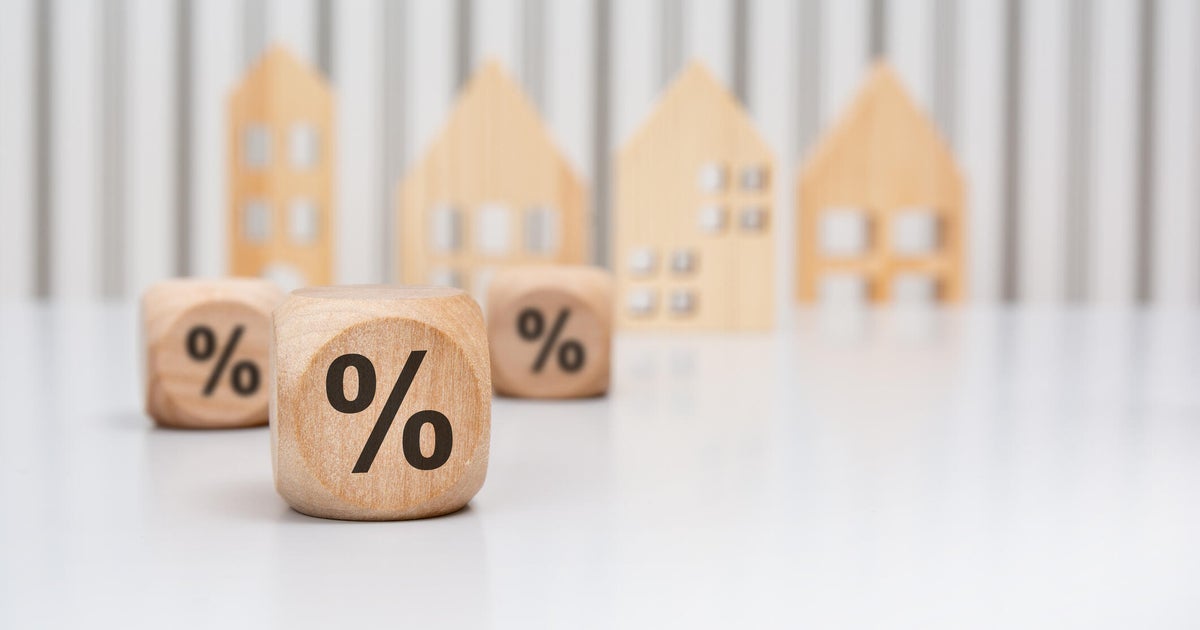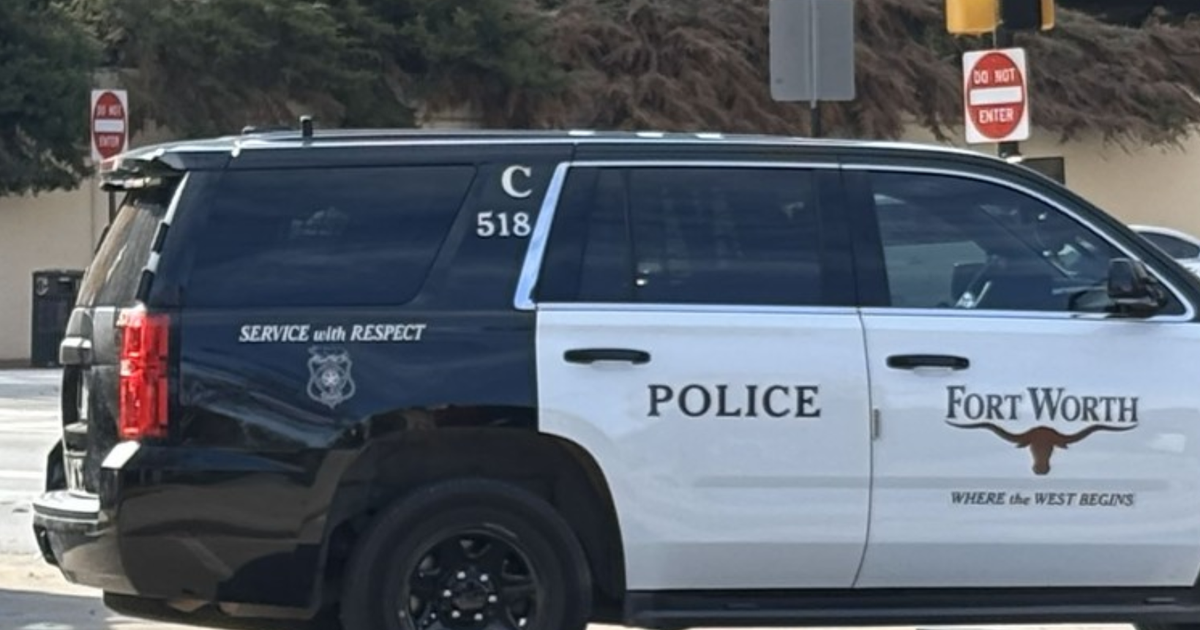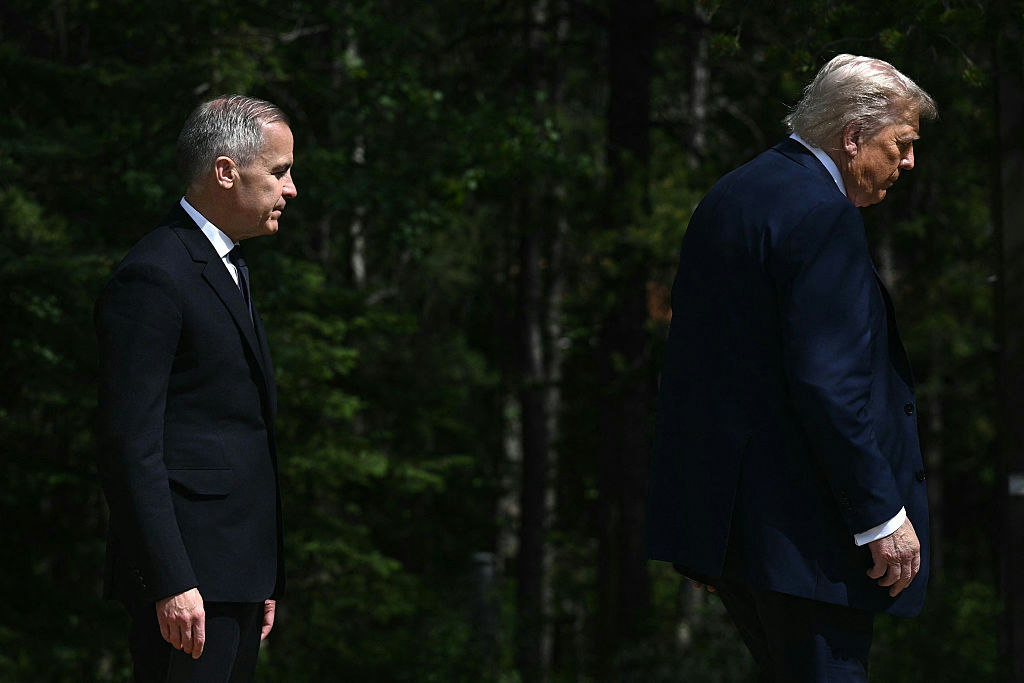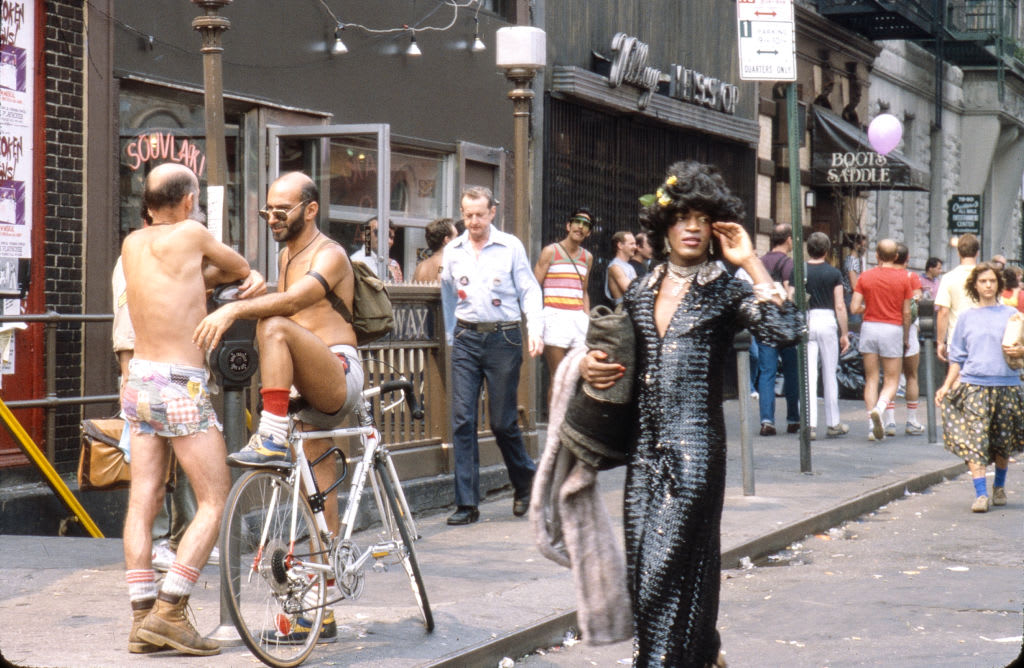These are the top states for LGBTQ+ inclusivity, according to latest ranking
The gap between LGBQT+ inclusive states and noninclusive parts of the U.S. is widening, with the top 25 states improving their protections of members for the community and the bottom 25 moving backward, according to the latest ranking of the 50 states from Out Leadership. Out Leadership, a global LGBTQ+ business advisory that helps companies advance LGBTQ+ equality, has released its third annual "State LGBTQ+ Business Climate Index for 2021" ranking states based on how inclusive and protective they are of members of the community.
The index was released in time for Pride Month in June, a period that President Biden said marks both a time to reflect on the trials the LGBTQ+ community has endured and an opportunity to celebrate its triumphs in the fight for full equality.
The index, according to Out Leadership founder Todd Sears, is a barometer of progress made and "seeks to explain and really clarify and shine a light on the discrimination that still exists all across the United States."
"Unfortunately, when marriage equality passed, too many Americans thought the fight was over, that LGBTQ people had full equality and full protections under the law — and unfortunately that is not the case," Sears told CBSN's Tanya Rivero.
The index evaluates states based on their legal and nondiscrimination protections for LGBTQ+ people — like how difficult it is to change a gender marker on one's birth certificate, state support for youth and families, work and employment practices, religious attitudes and more.
"Shine a light" on discrimination
"Over 20 states have no protections for transgender employees or people in the state. And, in over 25 of those states, there are no protections for housing. So what the index seeks to do is go across 20 different publicly identifiable data points across legal, youth, health, workplace, religious and political and really shine a light on all these different areas where discrimination still exists," Sears explained.
For example, the 30 states in which being HIV-positive can be considered a crime did not rank high on the index.
New York State achieved the top ranking this year, dethroning Massachusetts, which lost points in the "hate crimes protections" and "HIV criminalization" categories, while South Carolina ranked last. Connecticut, Massachusetts, Maine and Vermont were in the top five, while Arkansas, Louisiana, South Dakota and Tennessee rounded out the bottom of the list.
The gap between inclusive and noninclusive states is widening, too, with the top 25 states improving their scores and the bottom 25 losing points.
New York achieved a score of 93 out of 100 on the index, with South Carolina earning 32 points.
The least inclusive states lagged in three key discriminatory areas, including health care, trans rights, and education, according to Sears.
While lower-ranking states contribute to the LGBTQ+ community's marginalization, their businesses also have a harder time cultivating and capitalizing on local LGBTQ+ talent. LGBTQ+ people tend to leave anti-gay states for more friendly areas, even if it means taking a pay cut of up to 25%, according to Sears.
Out Leadership also aims to highlight the negative effects of anti-gay laws on businesses and their markets.
"We're really trying to not just shine a light on this but also highlight opportunities for business leaders to speak up," Sears said.
On Tuesday the organization also released a "Business Leaders Guide to Transgender Equality in the US" that can help top executives support trans equality within their companies.
